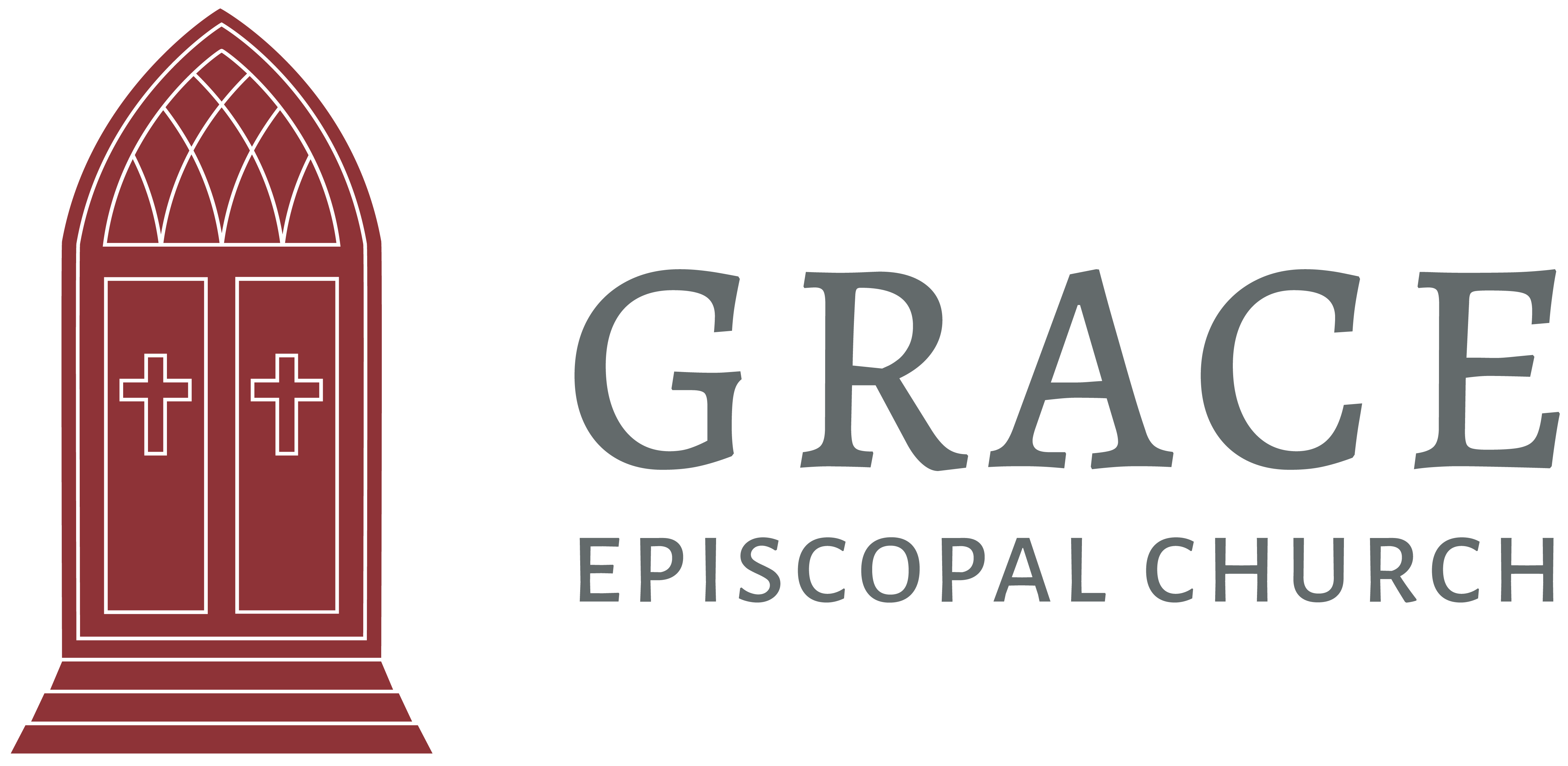Psalm 118:1-2, 14-24; Jeremiah 31:1-6 ; Acts 10:34-43; John 20:1-18
The Resurrection, unknown fresco artist, 14th c, Chora Church, Istanbul
Almighty God, who through your only-begotten Son Jesus Christ overcame death and opened to us the gate of ever lasting life: Grant that we, who celebrate with joy the day of the Lord’s resurrection, may be raised from the death of sin by your life-giving Spirit; through Jesus Christ our Lord, who lives and reigns with you and the Holy Spirit, one God, now and for ever. Amen.
Her arms filled with sticky, heavy spices, Mary Magdalene has navigated the steep flagstoned streets of Jerusalem in the dark, careful not to slip on the morning dew. At the gate she stood head down, her cheeks burning as the Roman guard decided to have a little Passover fun, suggesting he was the cure for her grief. How he and his friend had laughed, the sound following her as she passed through the gate and walked down into the quarry. Steep paths down to the bottom, shadowed by that huge rock where they’d set up the crosses a couple of days ago and hammered the nails into His hands, so close to the city walls that everyone could stand on the parapets and watch as His tortured lungs struggled to grasp the oxygen, watch as that same hateful guard had mocked Him for dying so swiftly. Through the little skiff of wind-deposited soil covered with a thin layer of spring greens planted by some gardener with an eye to the market. And yes, there it is: the tomb complex in the opposite cliff face, with that enormous rolling stone to keep out the jackals. But where are the guards? There had been guards last night…why is the stone rolled back? What’s going on here? Where is He? What have they done?
If only I can find the corpse, I can drag it back here and make things better, drag 160 pounds of bloodied rigor mortis flesh back into that mausoleum and wrap it up with some clean bandages.
If this were a novel, it would be followed by transformational moments, sudden insight, profundity. But it’s not a novel. Mary is befuddled, scared. Remember Mark’s original ending, 16:8, the ending tidied up by a later editor because it wasn’t a satisfactory novel moment? “And they fled, seized by terror and trembling, and said nothing to anyone, for they were afraid.” It’s not a novel: it’s a very human moment. Mary is afraid, confused, dumbstruck. She tries to hug Him as if, somehow, to convince herself of what she’s seeing. She runs to tell the apostles, then runs back again to make sure what her eyes had told her, all those expensive embalming spices tumbled from her arms to the ground. Peter and John are as flummoxed. The travelers to Emmaus, Cleopas and his companion, don’t understand any of it. The apostles stay locked in their room, sending out Thomas to do the shopping, then chide him when he requires the same show that they’ve already had before he comes on board. Like all of us in our current moment of anxiety and confusion, no one knows what’s going on, and no one trusts the evidence of their eyes. Seeing is not believing: they have to see Him, over and over again, until their belief catches up to the evidence and allows them to finally grasp what’s going on. This isn’t a novel: there is no sudden clarity, just confusion and fear.
Christ is risen and has come to us, friends. We may not grasp that just now, for terror and trembling can delay our comprehension. But Christ is risen, the first fruits, the seal and signature on the contract of God’s slow, careful, efficacious unraveling of the brokenness and sorrow and self-inflicted pains of our species’ hapless march down the halls of history. We may not understand how He’s doing that, but the Empty Tomb is the down payment on the universe’s redemption. And God doesn’t default, no matter whether our fear and anxiety might suggest otherwise. Christ is risen, alleluia, trampling down death by death and giving life to those in the tomb.
